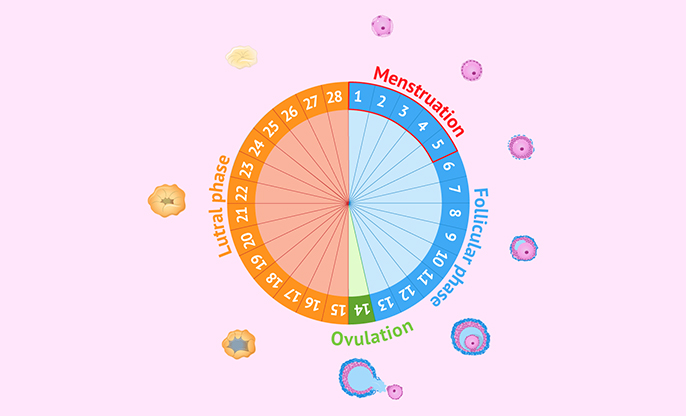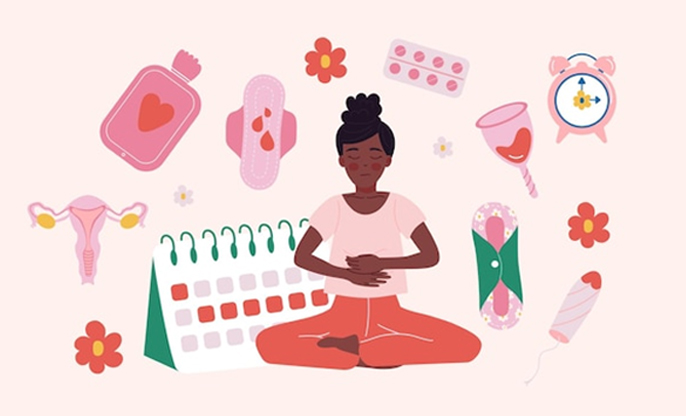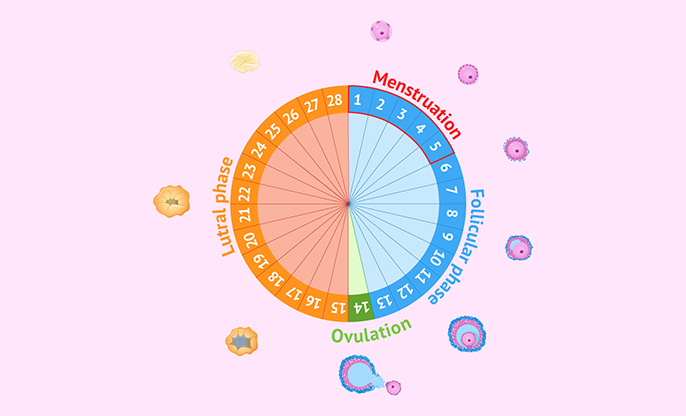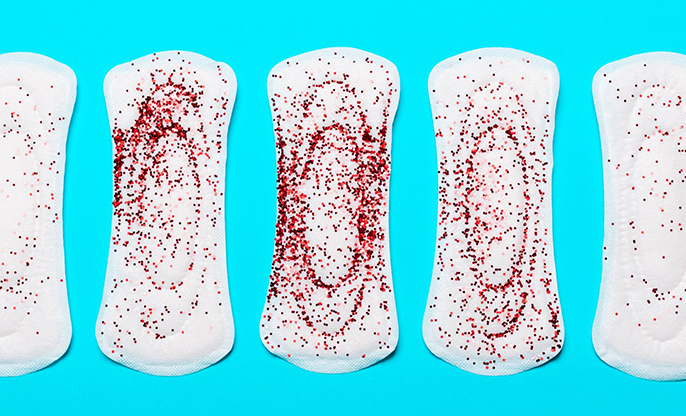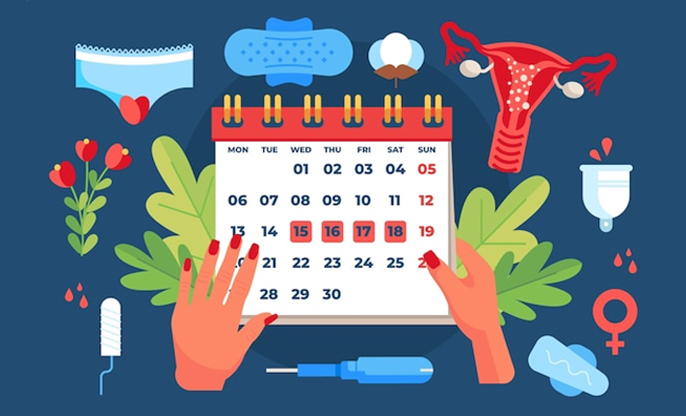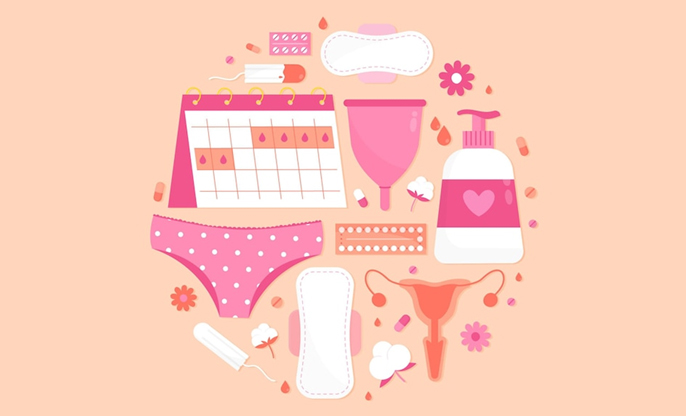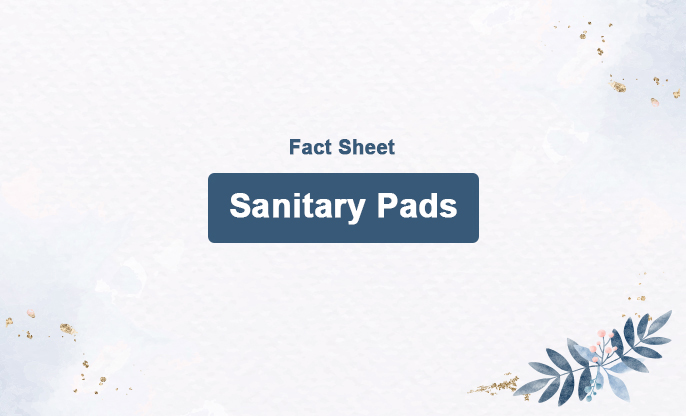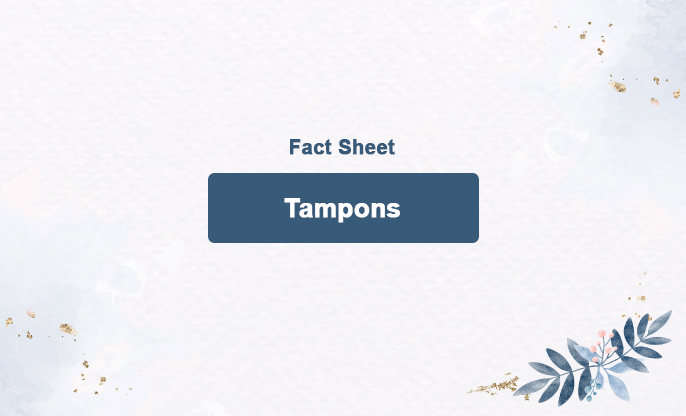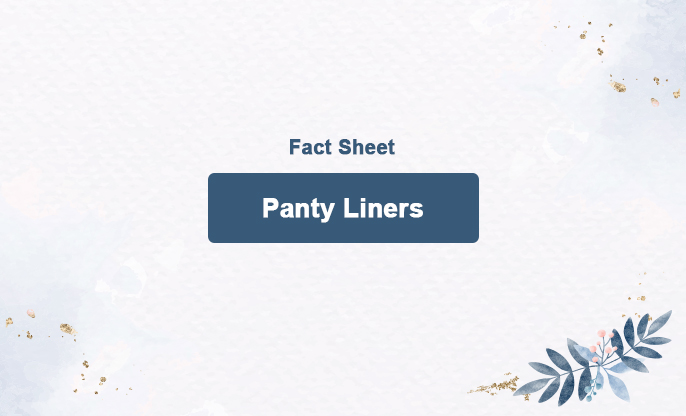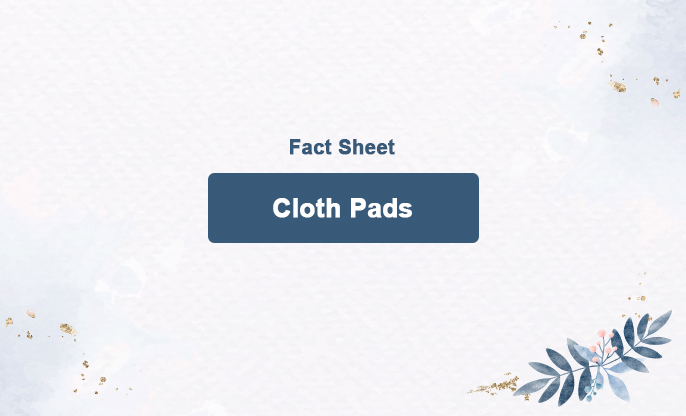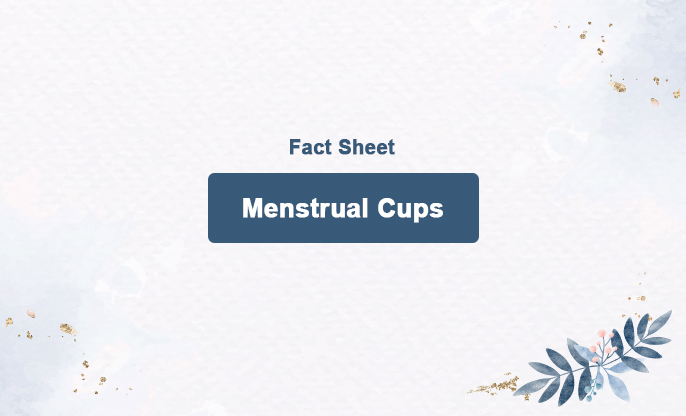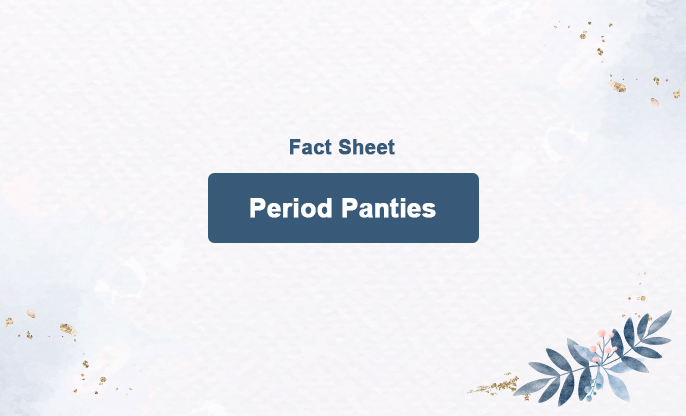
As women, our bodies have unique nutritional needs that deeply affect our hormonal balances and menstrual cycles. Not getting the right nutrients can throw off our hormonal health and make our periods more difficult. Let’s explore how we can support our body through the right diet to keep our hormones and menstrual cycles running smoothly.
How Your Diet
Impacts Your Hormones?
Your hormones, like estrogen and progesterone, which regulate your menstrual cycle, depend heavily on your diet. If you're not getting the right balance of nutrients, especially fats, it can disrupt these delicate hormonal balances. Too little or too much fat can throw everything off, just like missing out on key vitamins and minerals that help your body produce and manage these hormones.
Key Nutrients
That Influence Your Menstrual Health
● Iron: This is a big
one, as many of us lose iron with each period. If you're not replenishing your
iron stores, you might find yourself feeling unusually tired or weak, and it
might even throw off the regularity of your periods.
● Vitamin D: It’s essential
for more than just your bones; it also affects your menstrual health. Low
levels can mess with your menstrual cycle and might affect ovulation.
● B Vitamins: Vitamins like
B6, B12, and folate are crucial for managing the levels of estrogen and
progesterone in your body. Not getting enough can lead to irregular cycles and
affect your fertility.
● Magnesium: This mineral helps control different hormones that regulate your cycle, so a deficiency might make your periods more irregular or painful.
How Poor
Nutrition Can Affect Your Menstrual Health?
If you're not eating well, it might lead to several
issues:
● Menstrual Irregularities: Not
getting enough nutrients can lead to missed or irregular periods, painful cramps,
or even unusually heavy periods.
● Long-term Reproductive Health: Over
time, not eating well can lead to bigger issues like infertility or
complications during pregnancy. It’s also linked to more difficulties during
menopause.
How to Avoid
Nutritional Deficiencies?
● Eat a Balanced Diet: Make
sure you’re getting a good mix of lean proteins, healthy fats, whole grains,
and lots of fruits and veggies. This isn’t just about your menstrual health;
it’s about feeling good every day.
● Consider Supplements: Sometimes,
you might need a little extra help from supplements, especially if your diet is
missing certain nutrients. Just make sure to talk to a healthcare provider to
get the right amounts without going overboard.
● Keep Up with Regular Check-ups: Regular
visits to your healthcare provider are crucial. They can help catch any
deficiencies early and keep your hormone levels in check.
Feeding your body the right nutrients can make a huge difference in how you experience your menstrual cycle and can help maintain your overall reproductive health. By focusing on a nutritious diet, possibly supplementing wisely, and staying on top of your health checks, you can take control of your hormonal health and improve your quality of life. Every small step you take can lead to big changes in how you feel each month.
